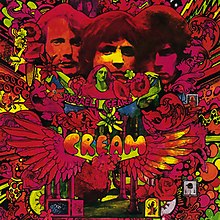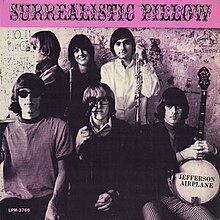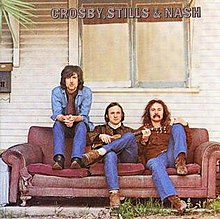I just sat and stared at that for a minute or so. I wondered “What would be the best way to
explain what is wrong with this to the people writing it?” This in turn leads
to “Well, what exactly is wrong with it?” When you set yourself the task of
trying to explain such things in simple English, you see new elements along the
way. Sometimes your initial argument
starts coming unglued. Sometimes you
find even better arguments you hadn’t thought of. At minimum, you set yourself a bit of
exercise in refining exactly what it is you think about a subject.
The four activities men are doing and women not, are not equally separate.
The women in my wife’s college sorority certainly bonded together in
tavernish settings singing drinking songs. I’m not sure that practice was
common before WWII, but we can at least clearly say women are obviously capable of this. Giving each other
directions…I’m not sure what the movie context for that is, but I’m thinking
this is also pretty manageable among women, dating back many decades. Centuries. Women have invented things, though
that seems more recent as well. In the
types of economies common to fairy tales – there’s a general feel for the ones from your own culture, however
remote – there are two types of invention, the magical and the
technological. In the former, the women
are quite the equal of men in the Wands, Enchanted Beasts, and Animated
Household Object categories. In the
technological, which is intentionally related to our own, women simply don’t show up in any century in
the Improved Blunderbuss, Newfangled Harness, or Mineshaft Support categories.
And then there’s the “no women leading the townspeople to go
against the Beast,” which let you know right up front that these
researchers…well, never mind. Any insult would distract from their probable
good qualities of industriousness, seriousness, and concern for fairness in all
things.
But taking the list as a whole we have the overwhelming
impression of “You’re crazy. That world
never existed anywhere, not even close.” To which their obvious response would
be "But it's make-believe. All of
it is made up anyway. Disney isn't historically accurate to any era with these
stories, nor are they true to the original tales. They rework them to..."
Yes? They rework them
for what purpose? It is easy to say "to make money," but that doesn't
answer why those particular reworkings have the effect of making money. Disney reworks old stories to fit them to
more modern values. For the last two
decades or so that has meant Spunky Gals. Those of us familiar with the older
versions have responses ranging from irritation to horror, but that is largely
because we are comfortable with older things and their wormy creepiness,
violence, and mixed primitive sexism. And even we don't much like some of the
earliest tales. We like them partly updated. The general public likes them even more
updated, but even they require that this be recognisable as an old story put in modern terms. That is what a fairy tale is. When we say "Once upon a time,"
that is a different story than one beginning with "Wouldn't it be cool
if..." The latter is science
fiction - which also has some good movies that make money. But very different movies. (Fantasy occupies some middle ground, closer
to fairy tale.)
There was never in our culture - nor, I think in any other -
a time and place where women led the townspeople against the Beast and bonded
over drinking songs. There just wasn't,
and harumphing that there should have been isto plead for a different genre.
But once upon a time
there was one woman who wanted to
lead the townspeople against a monster, and that's a story we like. Or perhaps two sisters, or some supernatural
female figures - elves, dryads, sibyls - led a hamlet or an army into the fray.
But the joy of those stories is that those females are unusual.
That is the main problem with the researchers'
understanding. They don't under the
genre, so they want it to be something else.
They want Once Upon A Time to be Wouldn't It Be Cool If. They are free
to make those movies if they like.
A second, lesser criticism.
They tot up how much the male and female characters speak in the early
Disney Princess movies versus the newer ones, with surprising results. I think
their interpretation of this is a muddle, but it's interesting to see. There is
one significant difficulty with all this.
Many of these male and female characters are um, crabs, or teapots, or
frogs or whatever. This is a place where
I agree that dividing the genders into neat binaries may unwarranted. Snow White's dwarves are necessarily pretty
butch, but the mice in Cinderella? Not so important. Also, making definite
interpretations about features such as Ariel's "voice" tries to force
modern categories onto older elements.
Really fairy tales are messier in their symbolism that way. It is another woman who takes her voice,
while every male would rail against it.
















